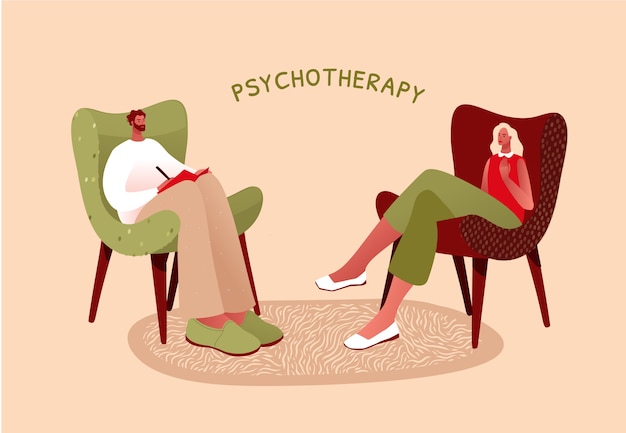
PTSD in Doctors
What is PTSD?
Post Traumatic Stress Disorder (PTSD) is a condition of persistent mental and emotional stress resulting from physical, mental, or psychological trauma, even after the sources of trauma are no longer present. It was first formally diagnosed in soldiers and war veterans but since has been known to affect individuals regardless of their profession. Doctors are among the most frequently affected demographic, however, the diagnosis of PTSD in doctors is often low.
Why PTSD is more common for doctors?
As an inherently challenging line of work, practicing medicine can take a deep toll on the mental and physical wellbeing of doctors, often resulting in PTSD. “It’s not a matter of if
clinicians are going to experience trauma while providing care, but when and how often.” says ![]() Albert Wu, MD, MPH, Johns Hopkins School of Public Health. Much like firefighters and first responders, doctors experience trauma at extremely close quarters as they deal with violent injuries, chronic illnesses, and even death in their patients. While providing care to such patients, doctors are usually too busy to fully process the situation. They are trained to engage completely in the act of caring and saving for their patients, which helps them ignore the shock and devastation at hand. However, once the crisis is over, feelings of distress,
Albert Wu, MD, MPH, Johns Hopkins School of Public Health. Much like firefighters and first responders, doctors experience trauma at extremely close quarters as they deal with violent injuries, chronic illnesses, and even death in their patients. While providing care to such patients, doctors are usually too busy to fully process the situation. They are trained to engage completely in the act of caring and saving for their patients, which helps them ignore the shock and devastation at hand. However, once the crisis is over, feelings of distress,
shock, sadness, and grief can return, causing disturbed sleep, constant and vivid reliving of the experience, and dulled response to the present. A critical culmination of this phenomenon is PTSD.
What causes PTSD in doctors?
Post Traumatic Stress Disorder causes can vary substantially, even among doctors. While a doctor working in any setting can potentially develop PTSD, some have a higher risk factor
than others.
First, for obvious reasons, emergency physicians run a high risk of developing PTSD because they frequently treat trauma victims. The same is true for doctors working in low resource, underserved,and remote areas. Another commonly observed phenomenon is PTSD in doctors in training who may be underprepared to deal with the high-stress experiences of witnessing death, violence, and trauma up close. At times, doctors can become the ‘second victims’ who are traumatized by witnessing someone else, usually a patient, experienced trauma. In such cases, the doctor feels personally responsible for the poor outcome of his/her patient.
Finally, doctors involved in lawsuits regarding medical malpractice can develop PTSD. This condition is also known as medical malpractice stress syndrome.

How is PTSD in doctors treated?
PTSD in doctors not only affects the individual’s life but also their ability to successfully treat patients in the future. Like most psychological illnesses, PTSD treatment emphasizes psychotherapy and requires a supportive and safe environment for the doctors. However, doctors are known to shy away from seeking help, as there is a sense of shame attached to being emotionally overwhelmed. Fortunately, the attitude is changing and doctors are being encouraged to open up more about the stress they experience at work. Many medical schools are also introducing peer support groups where doctors can seek advice from their
colleagues and find ventilation and validation in their community.
In the current scenario of the COVID-19 pandemic, all healthcare professionals are going above their call of duty to make sure patients get the care they need. More often than not,
their own health and wellbeing take a backseat. The fact that such a virus has surfaced for the first time in decades has brought tremendous amounts of stress and unprecedented circumstances for the medical fraternity. The pressures of dealing with an unknown disease,
taking care of the patients, ensuring their own safety, and staying away from their families have resulted in a lot of psychological trauma for the doctors. The current situation has all the more, accentuated the importance of recognizing stress and trauma in doctors and providing the proper care required for them. It is important for us as a society to be cognizant of this fact and extend compassion to all our healthcare professionals.







